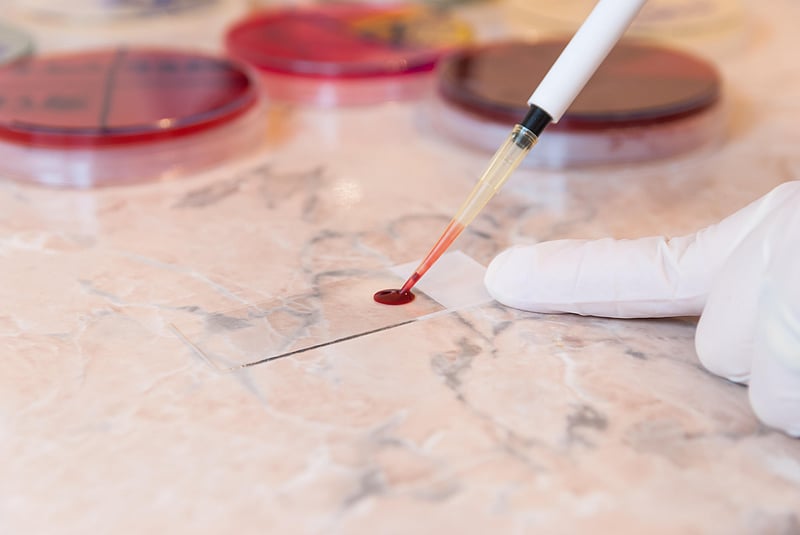Get Healthy!

- Robert Preidt
- Posted April 15, 2022
New Treatment May Curb Low Blood Sugar in Kids With Insulin Disorder
A new therapy corrects low blood sugar in children with a genetic disorder that causes the pancreas to produce too much insulin, researchers say.
Congenital hyperinsulinism (HI) is the most common cause of persistent low blood sugar (hypoglycemia) in infants and children.
"There are currently very few medical treatments for HI, and those treatments are of limited effectiveness while also associated with significant side effects," Dr. Diva De León-Crutchlow said in a news release from Children's Hospital of Philadelphia. She's chief of endocrinology and diabetes and director of the hospital's Congenital Hyperinsulinism Center.
De León-Crutchlow and colleagues developed a treatment called exendin-(9-39). They say it could prevent hypoglycemia in patients with HI and may eliminate the need for the removal of the pancreas, a current standard treatment for severe diffuse HI.
In a new study, the team tested the drug's effectiveness during fasting and after a meal in 16 children, aged 10 months to 15 years. All had persistent hypoglycemia due to HI.
After fasting for about 12 hours, the patients received six-hour infusions of three different doses (low, middle or high) of the drug or a saline solution. Over another two days, a subset of eight patients received either the high dose of exendin-(9-39) or a saline solution during a mixed meal tolerance test and an oral protein tolerance test.
Fasting hypoglycemia fell by 76% in patients who received the middle dose and by 84% in those who received the high dose of the drug. Also, administering exendin-(9-39) during the protein challenge resulted in an 82% decrease in hypoglycemia, the findings showed.
The middle-dose group also had a 20% increase in fasting glucose, while the high-dose group had a 28% increase in glucose after a meal and a 30% increase in glucose after a protein challenge, according to the study. The results were published April 13 in the journal Diabetes Care.
"This study is further evidence supporting the use of exendin-(9-39), which has been granted breakthrough therapy designation for the treatment of HI, and we look forward to moving this therapy into a phase 3 trial," said De León-Crutchlow, the study's senior author.
More information
There's more on congenital hyperinsulinism at Congenital Hyperinsulinism International.
SOURCE: Children's Hospital of Philadelphia, news release, April 13, 2022




